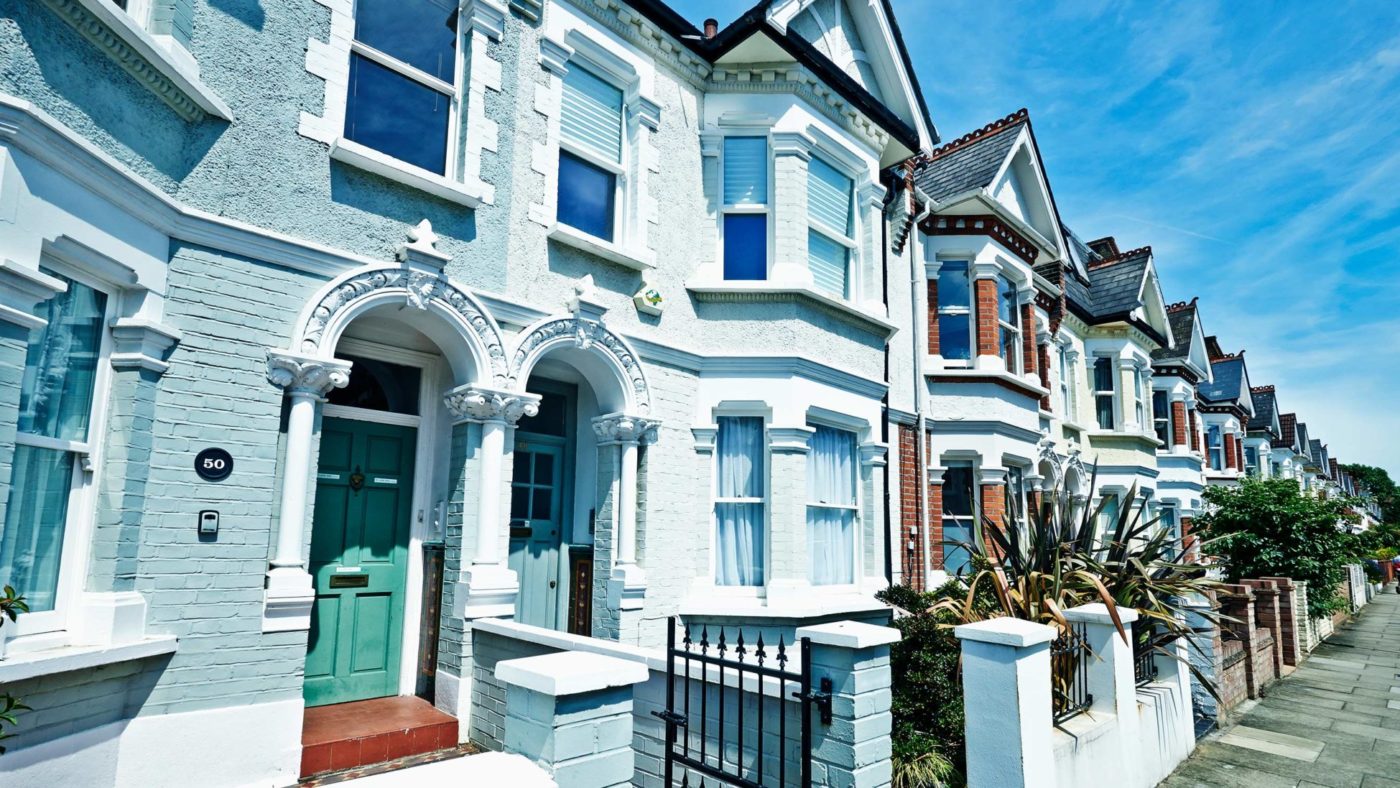Soaring house prices, rising rents, and homeownership near record lows in British cities are recognised as massive political and economic challenges by all. But the flip side of these growing costs has received less attention – how political choices have gifted huge windfalls for homeowners in the wealthiest cities.
Homeownership is not the same thing as housing wealth. Growth in housing wealth has been much greater and faster in cities in the Greater South East, where homeownership is lower and homeowners are much wealthier than in other parts of the country. These differences reinforce the North-South divide and fuel growing inequality within our cities.
Our latest report Capital Cities shows that while average housing equity per house grew in real terms by £23,000 (21 per cent) in cities in the rest of England and Wales between 2013 and 2018, in cities in the Greater South East average housing wealth grew by £103,000 (35 per cent). Total housing equity across the rest of England and Wales increased £374 billion from 2013-18, while in the Greater South East it increased by £842 billion.
While many homeowners in cities outside the Greater South East have accumulated significant housing wealth by paying off their mortgage, because their house prices aren’t increasing they’re not seeing further growth in their equity. So for example, in London, average housing wealth grew by £122,000 (34 per cent) from 2013-18, while in Middlesbrough it grew by only £3,000 (4 per cent).
These changes are driven by differences in demand for housing. Many cities in the Greater South East have high wages for their residents, and homes there allow workers to access their strong local labour market. In comparison, cities with lower resident wages like Middlesbrough have lower demand for new homes.
But though demand is closely linked to the strength of the local economy, supply is not. Some cities like Telford and Wakefield with low housing costs are building at a much faster rate than expensive places like Oxford and Brighton.
Housing supply has been decoupled from housing demand by how our planning system only usually allows new homes if the council grants planning permission for new development. As a result, our planning system largely replicates the existing distribution of housing – while 40 per cent of existing homes in 2013 were in the Greater South East, so were 45 per cent of new homes, even though it received 69 per cent of all increases to housing equity.
This failure to build enough houses where they are needed creates housing shortages in our most expensive and productive cities. The scarcity of housing then pushes up the cost of living for these expensive cities’ renters and first-time buyers, and increases the income of cities’ landlords and the equity of existing homeowners.
In other words, our planning system redistributes wealth to the rich.
The solution is simple. We need to realign the local supply of housing with local housing demand. This means planning reform should be inspired by the experience of places abroad which have successfully delivered inexpensive housing for all, like flexible zoning systems as in Japan or certain parts of the US. In principle, once a local plan has been agreed, the planning system should allow people to build new homes unless the local authority explicitly says ‘no’, rather than forbidding any development until the local authority says ‘yes’.
It also means reform of the green belt to release land near train stations for new homes and for it to be graded by quality. The power of Nimby campaigns should also be reduced by directing public input and consultation into the creation of the initial plan, and limiting it for individual planning applications.
But it requires some other things too. Government should stop subsidising homeowners and start thinking about how it can effectively tax the massive increases to wealth that certain homeowners have enjoyed in recent years. This would include not just abolishing Help to Buy, but reforming Council Tax from its values set in 1991 (and establishing a new local government funding and finance settlement to boot), as well as ending the Capital Gains Tax exemption for private residences.
We may also have to reconsider how we save and build wealth. Using our homes to accumulate wealth will always drive inequality as the temptation to create shortages that build the wealth of local homeowners is so great. If we do address our planning shortages, policy will have to explore whether other asset classes, like equities, bonds, or pensions will need to play a bigger role for savers to allow households to build wealth safely.
Every politician in Britain who cares about inequality and social mobility in Britain today will need to address our growing housing divides. Inexpensive housing for everyone is only possible if we reconnect the supply of housing to demand. If we fail, the inequalities and regional divides our housing shortage causes will persist for as long as we can bear them.
CapX depends on the generosity of its readers. If you value what we do, please consider making a donation.


